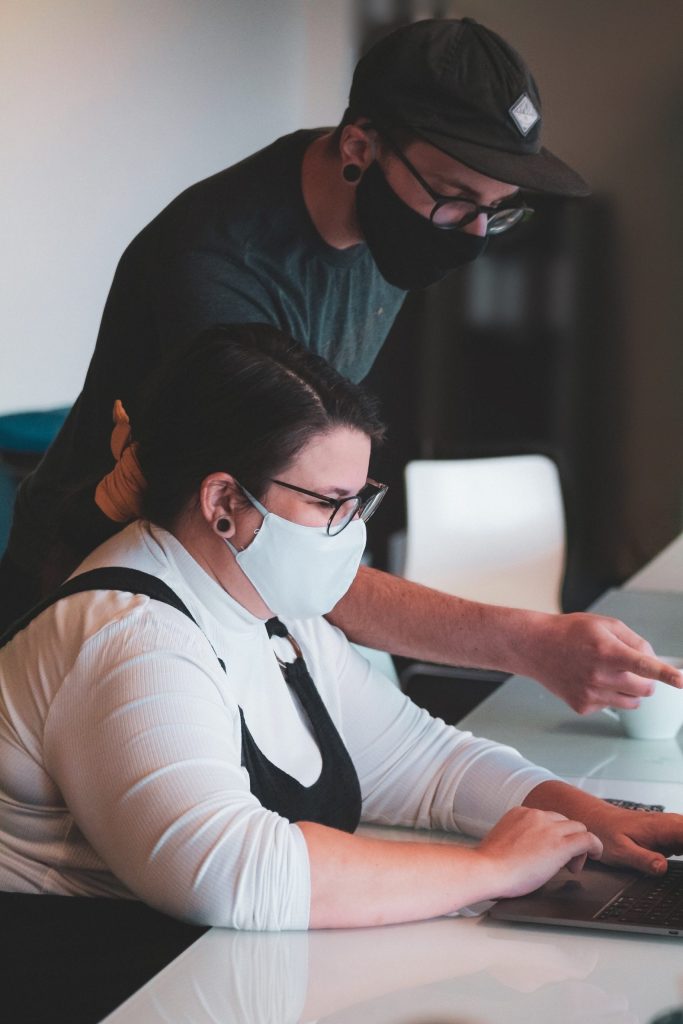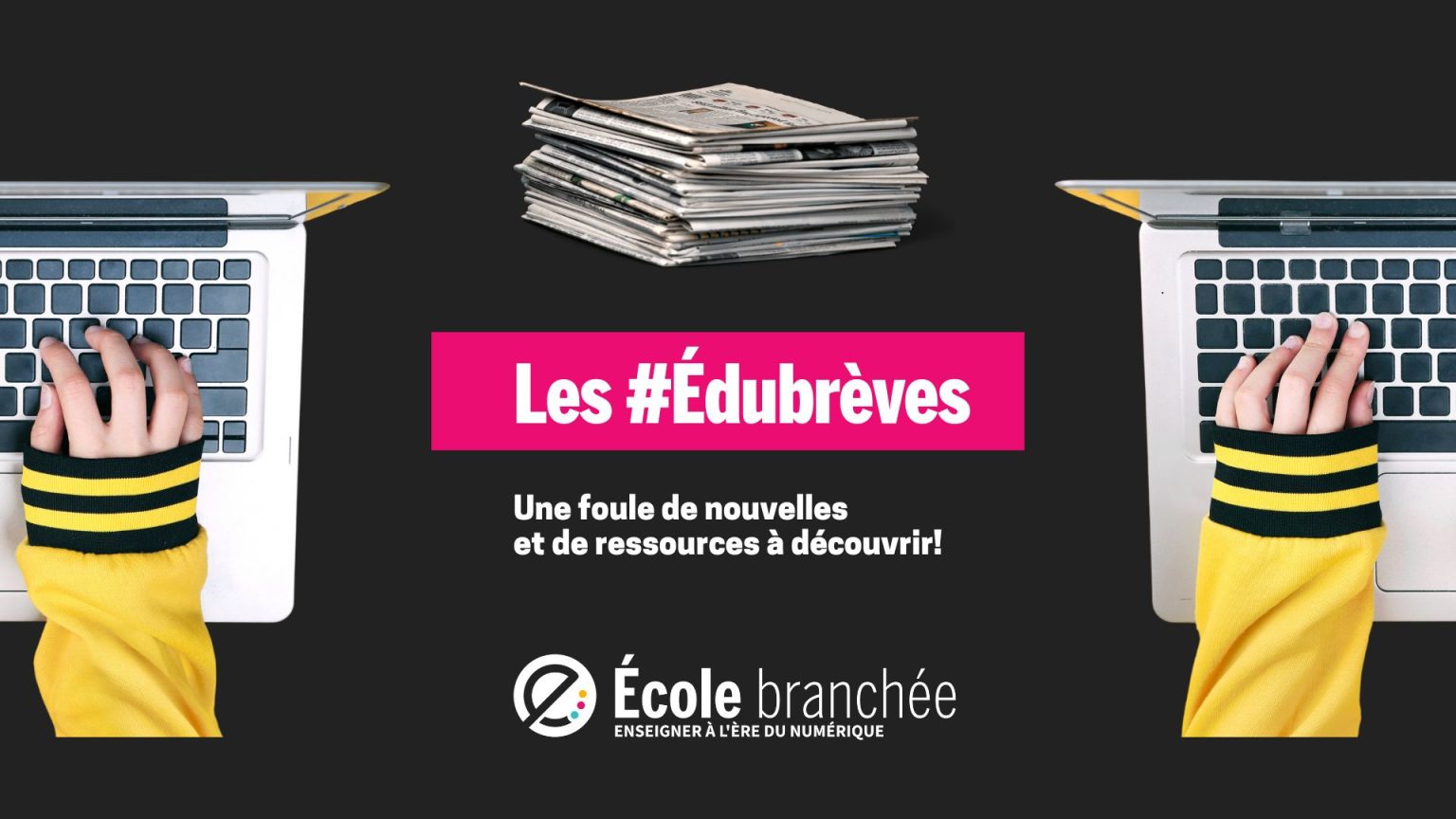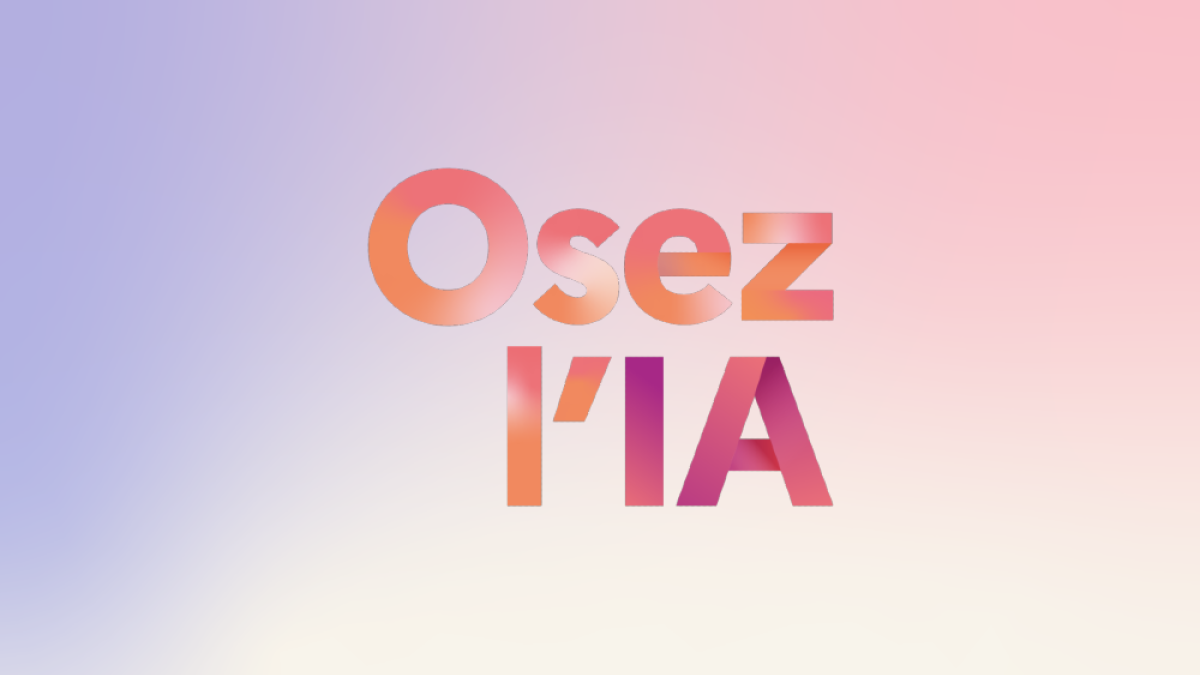À l’ère du numérique, la bibliothèque scolaire et son personnel ne deviennent pas inutiles. Au contraire, ils peuvent jouer un rôle important pour aider les enseignants et les élèves à développer leurs compétences informationnelles. L’Association pour la promotion des services documentaires scolaires (APSDS) vient d’ailleurs de publier un continuum pour le développement de ces compétences.
« La bibliothèque scolaire devient un carrefour d’apprentissage qui doit être mis en valeur, surtout en ce moment, alors que la capacité de faire des recherches efficaces et de différencier le vrai du faux n’a jamais été aussi nécessaire », indique Naomi LeBel, la bibliothécaire en charge du projet, qui est aussi enseignante au primaire au Centre de services scolaire de la Pointe-de l’Île (CSSPÎ).
Le Continuum est le fruit du travail du Comité des compétences informationnelles en bibliothèque scolaire de l’APSDS. Ces membres proviennent des quatre coins du Québec. La démarche s’inscrit dans la continuité de la publication du Cadre de référence de la compétence numérique. L’objectif était de présenter de manière concrète des compétences à développer et des idées d’activités à réaliser avec les élèves du préscolaire, du primaire et du secondaire.
Compétences informationnelles : Ensemble des savoirs, des savoir-être et des savoir-faire qui permettent de définir un besoin d’information, de chercher efficacement, d’analyser l’information trouvée et de l’utiliser de façon éthique.
Le Continuum est basé sur les 4 étapes du processus de recherche : planifier, chercher, analyser et utiliser l’information.
Au moment d’effectuer une recherche, il s’agit de développer des stratégies :
- pour planifier celle-ci (ex. choisir des mots-clés);
- pour chercher (ex. construire une requête efficace);
- pour analyser l’information trouvée (ex. déterminer la fiabilité des sources d’information);
- ainsi que pour utiliser cette dernière de façon structurée (ex. organiser, présenter et citer l’information).
Des gains pour les élèves
Lors d’une conférence donnée dans le cadre du colloque 2021 de l’AQUOPS, Mme LeBel a présenté un projet visant à aider des élèves de 3e cycle du primaire à développer de meilleures habiletés de recherche. « Ce n’est pas parce que les jeunes utilisent constamment leurs appareils électroniques qu’ils savent comment chercher de l’information. Puis, il ne suffit pas de trouver l’information, il faut pouvoir la trier adéquatement et l’organiser. Et comment on fait ça une bibliographie? »
Au cours du projet, les élèves ont été guidés pour effectuer une recherche sur un sujet, sélectionner l’information pertinente, la reformuler (pour éviter le copier/coller), la structurer et la citer. Ils ont ensuite été évalués sur la façon dont ils avaient traité l’information, pas sur la production d’un texte en lien avec la recherche.
« Au départ, les élèves avaient beaucoup de difficulté à sélectionner l’information pertinente. Ils en trouvaient beaucoup trop et ne savaient plus quoi garder à la fin. Au terme du projet, ils avaient développé des trucs pour limiter leurs sources d’information, choisir les plus crédibles. Ils prenaient moins de temps pour chercher, ils étaient plus efficaces. »
Diffusion et accompagnement à venir
La diffusion officielle du Continumm se fera à partir de septembre 2021 dans le réseau scolaire alors qu’une démarche sera entreprise pour accompagner les bibliothécaires et les techniciens en documentation oeuvrant en contexte scolaire de partout au Québec. Finalement, l’APSDS souhaite qu’ils puissent développer une offre de service sur mesure pour soutenir les enseignants et les élèves dans l’enseignement et l’apprentissage des compétences informationnelles.Par ailleurs, le service national du RÉCIT, domaine des langues prépare actuellement une autoformation sur le sujet qui sera rendue disponible sur Campus RÉCIT dès qu’elle sera prête.
Crédit photo : Photo de Sigmund sur Unsplash
Dimension(s) de la compétence numérique en lien avec cet article
4- Développer et mobiliser sa culture informationnelle
Voir le Cadre de référence.







